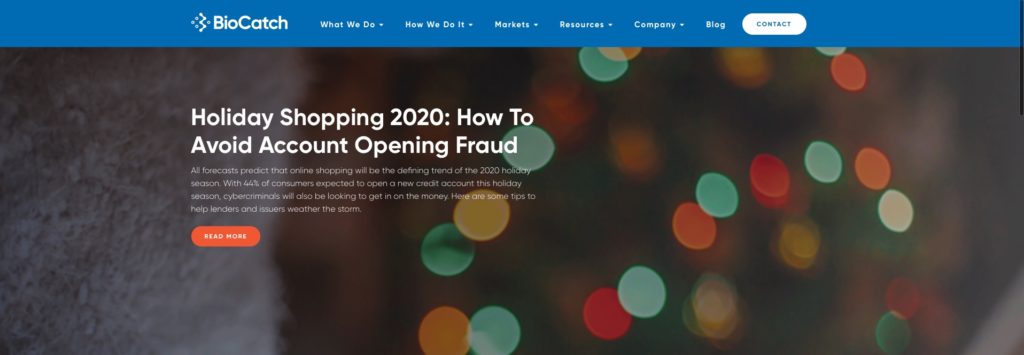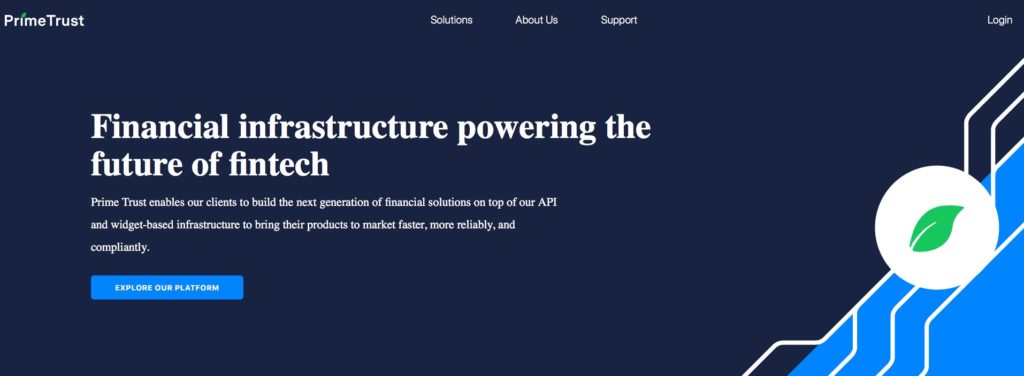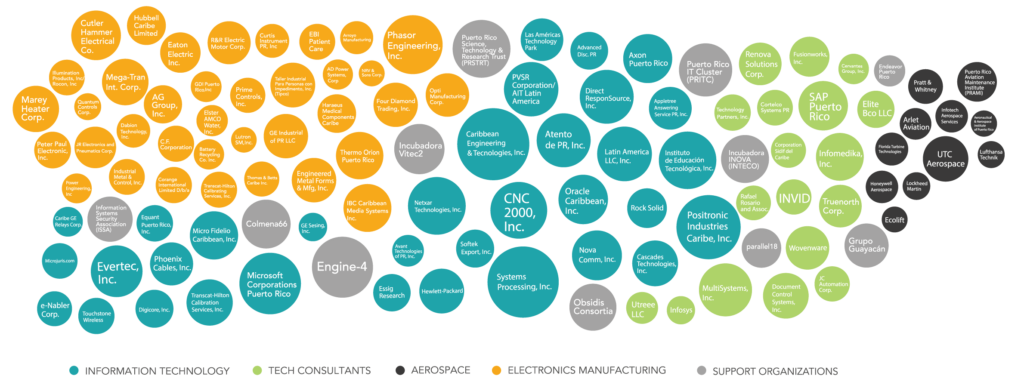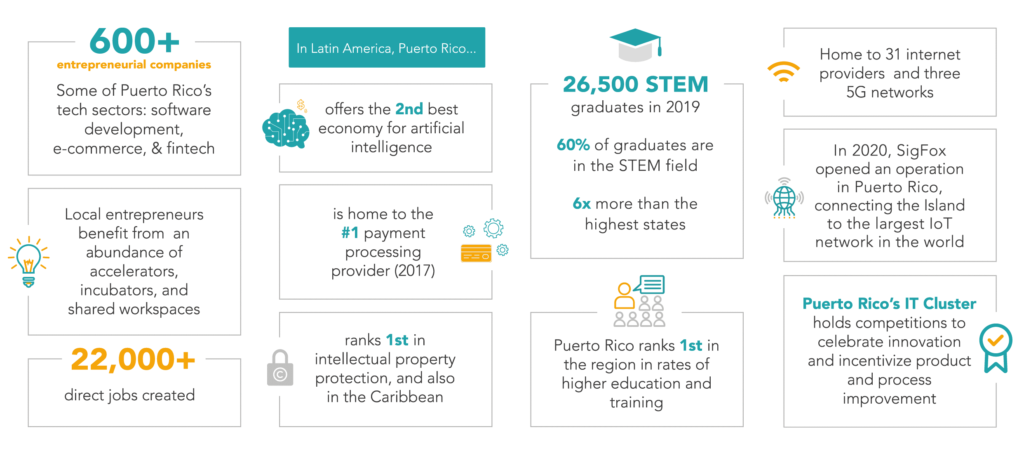
The following is a guest post by Lily Tran, content writer for MoneyTap.
Southeast Asia is one of the fastest-growing fintech markets in the world. The expected market growth is estimated to be between $70 billion and $100 billion by 2020, outpacing the likes of the U.S., U.K. and China.
One of the contributing factors to this growth in this region is its insufficient financial inclusion. The World Bank data points to a lack of access to financial tools in southeast Asia. As per the data, in Indonesia, only 49% of adults have formal bank accounts; in Cambodia, the number is 22%, and in the Philippines and Vietnam, it’s 34% and 31%, respectively. The penetration of insurance and wealth management is also low.
This makes it difficult for people to save, borrow, and manage money easily. This has given a tremendous opportunity to fintech companies to offer innovative opportunities for unbanked consumers to take fintech services and improve their financial situation.
Investors are channelling funding into the region, with financial technologies as their primary investment. According to new data from CB Insights, fintech fundraising activity in southeast Asia grew by 143% year on year in 2018. Fintech investments in Southeast Asia increased by more than 30% through 2018 to reach approximately $6 billion.
An international finance company, Robocash Group, in its recent report released the names of the top five countries experiencing the fintech boom in southeast Asia. So let’s take a closer look:
1. Singapore
Singapore is at the forefront of the fintech boom, dominating the region’s fintech market for several years now. In 2017, 400 local fintechs raised a combined total of $229 million.
With an appetite to consume a range of fintech offerings, Singapore fetched more than 50% of all fintech deals made in the region between 2013 and 2016. The diversified fintech market includes fund transfers, cryptocurrency trading, peer-to-peer payments, investment apps, insurance services, money lending services, and crowdfunding platforms.
2. Indonesia
Indonesia is largely populated, but only over 50% of its population are active internet users. This means roughly 150 million people have the means to use fintech. 61% of Indonesia’s internet users have registered for mobile banking apps. And 11% of its population transact online to purchase items or pay bills. However, online payments increased to $313.6 million in 2018.
By the end of 2019, only 49% of Indonesia’s population had a bank account. Now, alternative payment platforms are rising in popularity. Peer-to-peer payment platforms make up over 30% of the all fintechs. Along with payment platforms, e-commerce is expected to push the market further forward.
3. The Philippines
2018 saw the Philippines’ central bank roll out plans to make at least a fifth of its transactions go digital within two years. The digital payment adoption was projected to increase by 20% by 2020.
The country has 71% active internet users and 65.5% unbanked. And fintech companies have emerged to bridge the gap. In 2017, $78 million in funds were raised, an increase of 13% from the year before. As mobile banking has diversified, 54% of the country’s internet users have at least one mobile banking app.
According to Singapore Fintech News, one-third of all fintech companies registered in 2018 were payment platforms, followed by alternative finance at 30%, and blockchain companies at 16%.
4. Vietnam
In Vietnam, the total transaction value in the personal finance sector has crossed the $1 billion mark. Further, this value is projected to show an annual growth rate of 38.4% resulting in a projected total amount of $4.5 billion by 2024.
According to a report, between 2017 and 2020 the number of fintech startups grew more than 179%, with payment apps leading the sector, consisting 31% of the total startups.
Along with payments, peer-to-peer lending was another field which grew rapidly during this phase. The government is planning to get more than 70% of its people over 15 years of age to own a bank account within a year’s time. In 2017 and 2018, only 31% of adults owned a bank account, and only 4.1% of its people owned a credit card. In the phase between 2010 and 2020, a vast number of personal loan apps emerged, some of which have become huge.
Like the other countries in the region, Vietnam’s unbanked population are turning to fintech for its sheer ease of financial transactions. Around 50% of the country’s internet users use mobile banking platforms, 39% make mobile payments, and 9.3% own some form of cryptocurrency.
5. Thailand
82% of Thailand’s population is on the internet, and 74% of them bank online. 47% of all internet users make mobile payments, and 71% of them use their phones to purchase goods online each month.
Even though such a massive number of people are active online, Thailand is not a very friendly market for fintech compared to other countries in the region. The country attracts fewer investments for fintech, but that said, it’s still experiencing the fintech boom as 10% of its internet users own some form of cryptocurrency. This makes Thailand the second country after South Africa in the world for crypto ownership.
Key Takeaways from Southeast Asia’s Fintech Boom
- The most disruptive fintech sectors are payments and lending.
- Fintech has changed the way people and businesses make payments, save their money, borrow, invest, and buy insurance products.
- Fintech has given access to finance for poor people and people in remote areas, boosting the economy and stimulating demand. Fintech has made it easier for SMEs to get small loans and credits anytime to keep their business running.
- Many economies have implemented regulatory sandboxes to motivate innovation in the fintech sector.
Lily Tran is a content writer, working for MoneyTap, who writes about all things finance. Her passion for credit, debt, loan and investment drives her to help readers get an insight about everyday finance.




























